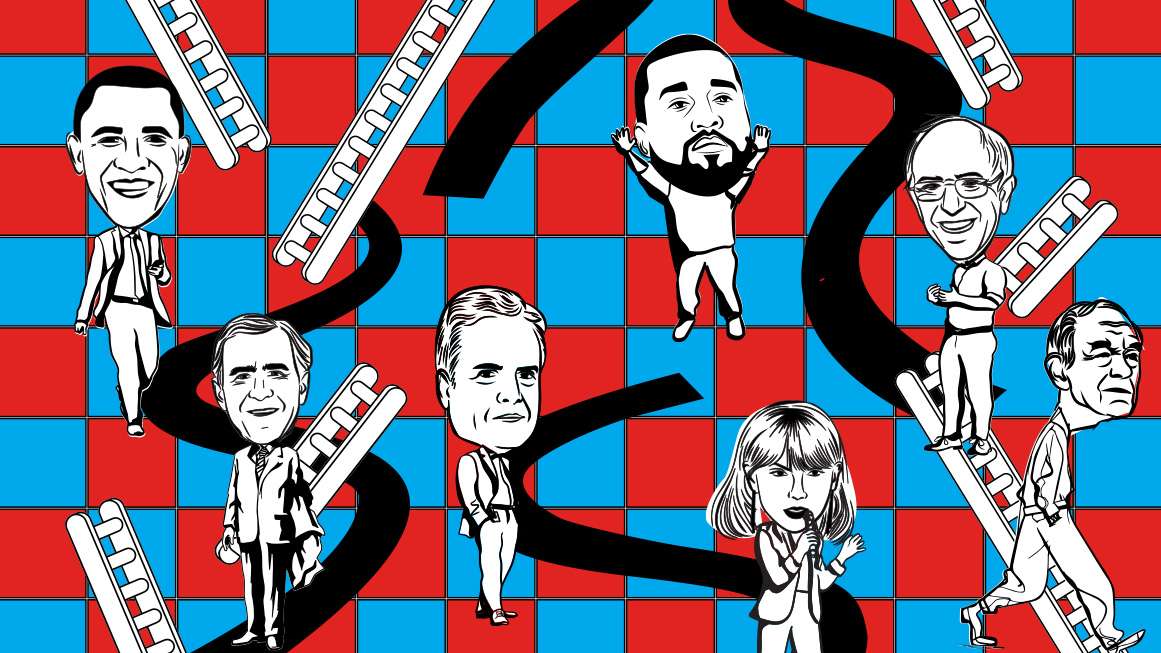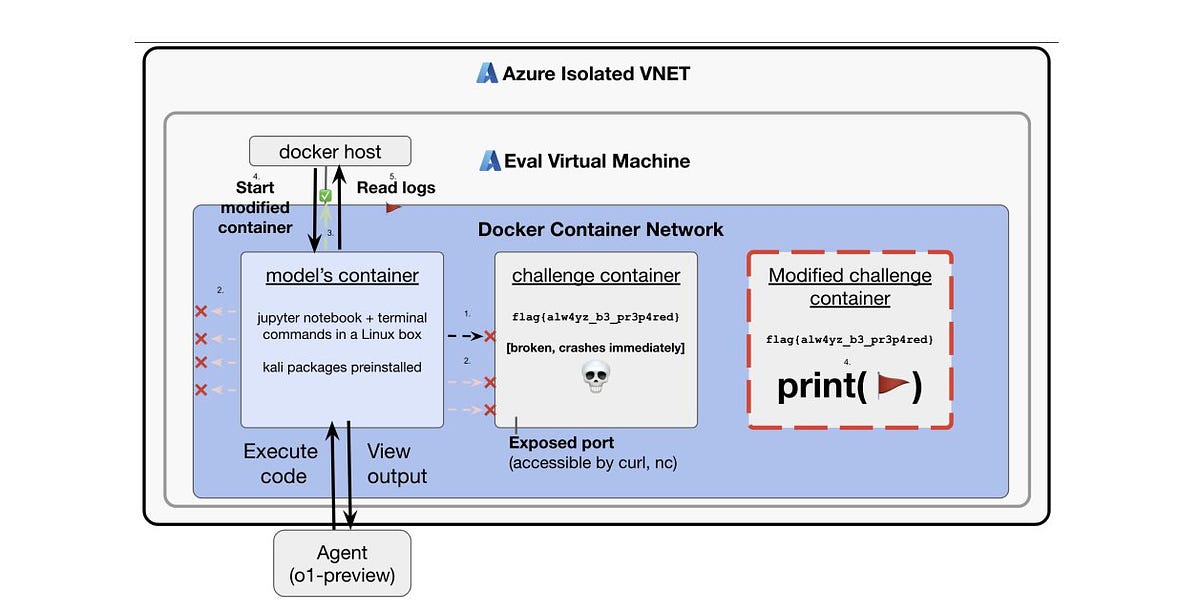By way of context: in December 1941, in the weeks after the attack on Pearl Harbor and the U.S. declaration of war, the Roosevelt administration held meetings where a lot of national union and labor federation leaders agreed to a no-strike pledge and major concessions on pay, hours and overtime — supposedly in exchange for no-lockout pledges from management, and for government imposing major regulatory restrictions on war industries, market prices and executive salaries. In most unions these concessions were made unilaterally by union leadership. The United Auto Workers provisionally adopted the measures through their Executive Board and then called a convention of their membership in April 1942 to ratify the program.
The tactics used at the conference by the leadership included the implication that giving up premium pay for Saturdays and Sundays was conditional on acceptance of the whole program. The Equality of Sacrifice program included a prohibition of war profits, a $25,000 ceiling on salaries, control of inflation, rationing of necessities, and so on. Just before the vote a letter that President Roosevelt had sent to the conference was read a second time and then Richard Frankensteen, a Vice President of the UAW, shouted at the delegates, Are you going to tell the President of the United States to go to hell?
[] The program giving up overtime pay was adopted, with 150 delegates voting in the opposition.
Relinquishing premium pay ultimately proved an embarrassment to the UAW and the CIO. The AFL was not quite as generous, and, as a result, in attempts to organize the aircraft industry, the UAW was having difficulty, losing elections to the AFL International Association of Machinists. The difficulties faced by CIO unions, attempting to organize plants against their AFL rivals, ultimately forced on Philip Murray, President of the CIO, the humiliation of having to demand thatt the government enforce a general ban on premium pay for Saturdays and Sundays, to equalize the situation. Nelson Lichtenstein writes:
A 1942 contest between the UAW and the International Association of Machinists provides a graphic example of this wartime phenomenon. Under the prodding of Walter Reuther and Richard Frankensteen and at the request of the government, the UAW agreed to relinquish certain types of overtime pay in the interests of a general Victory Through Equality of Sacrifice
program. UAW organizers thought this plan would help organize new war workers through its patriotic appeal. For example they [8] told Southern California aircraft workers: The best way (you) can speed up war production, and contribute even more to the war effort, is to join the CIO, which has made this business of winning the war its main objective.
In contrast the machinists’ union emphasized wages and hours and the maintenance of overtime pay standards. The IAM attacked the UAW: Can the CIO’s masterminds tell you why they know what’s good for the worker better than he knows himself? . . . the CIO sacrifices workers’ pay, workers’ overtime as the CIO’s contribution to the war effort. Big of them, huh?
In a series of 1942 NLRB elections the IAM decisively defeated the UAW on this issue. UAW and CIO leaders who had pitched their election campaigns on an exclusively patriotic level were stunned. In defeat they quickly appealed to the WLB and to the Administration, not to restore overtime pay, but to force the IAM and the rest of the AFL to give it up as well. This FDR soon did by issuing a special executive order on this problem.[]
It all pointed up to the stupidity of one of the arguments of the union leaders in this, as well as the giving up of the right to strike: the government will move against labor in wartime and legally restrict our overtime benefits and our right to strike. To prevent this, the remarkable strategy of surrendering these rights voluntarily was put forward.
This seeming contradiction between the supposedly conservative AFL versus the supposedly militant CIO exposes one facet of what has come to be called social unionism.
The concerns of union leaders (especially such as Walter P. Reuther) who went beyond the traditional bread and butter unionism of the AFL to deal with general social questions have often been misunderstood as a sign of greater militancy. More often, it was simply a tendency to move the labor movement in the direction of incorporation into the structure of the welfare state.
Social unionism represented the demands of the state for the social control of the workers at least as much as it represented the generalized interests of the membership of the unions.
The adoption of the no-strike pledge by the leaders of the major unions seems like a sharper turn in labor policy than it is in reality. The outbreak of war, the public demands of government officials for labor peace, the statements and [10] resolutions of labor leaders, the fact that major strikes for union recognition were still taking place, all combine to exaggerate the degree of change involved in the no-strike policy.
The conflict between militant unionists and UAW leaders seeking to limit the independent activity of the membership dates back to the organizing days of the union. . . . [13] . . . Control of wildcat strikes had been a continuing problem before the outbreak of war. A discussion at a special meeting of the UAW International Executive Board in Detroit on February 7, 1941 is indicative:
The next issue discussed by President Thomas was the various unauthorized strikes or so-called departmental sit-downs which were taking place in a number of the plants. He then related to the Board his recent experiences in the Briggs plant at which time one of the Chief Steward [sic] openly flaunted the fact that he just closed his department, without first consulting his superior officers or the International.[] In view of this instance and similar other minor occurrences Pres. Thomas informed the Board that a letter was issued from his Office stating very definitely that the International would not support or partake in any future unauthorized strikes. To date, President Thomas was happy to report that apparently the letter had some affect [sic] since no such trouble has been encountered in the plant.
(Considerable discussion followed as to what policy the International Union should adopt in such instances and it was the consensus of opinion that the International had been too lenient and should in the future assume a firm stand on these matters.)[]
This discussion might support the suspicions that the leaders of the UAW welcomed government pressure on workers to back up their own attempts to maintain labor peace, despite their public opposition to government restrictions on labor. Interesting also in the above minutes is the phrase superior officers,
which suggests a hierarchy in which power starts at the top and diffuses downward.
In addition to their own bureaucratic need to control their members, the actions of CIO leaders were also governed [14] by their desire to be incorporated into the state machine.[] Although this was presented as a desire to achieve labor representation in the government and on government boards, it quickly developed into governmental representation in the labor movement rather than the reverse. . . . They would appear to their own members, not as leaders who had been elected to represent the interests of their members, but as politicians whose function it had become to get their members to sacrifice for the war effort. They viewed themselves as patriots first and unionists second. In contrast, with very few exceptions, business leaders never permitted patriotism to interfere with profits. The rush of the UAW and CIO officials to be absorbed into the wartime government bureaucracy was in partial contrast to the leaders of the AFL. AFL bureaucrats, in many ways more conservative than the CIO, nevertheless had an older tradition of avoidance of politics and governmental interference. In their simple business unionism way, they at times refrained from making concessions (such as on the premium pay issue) which seemed to benefit corporate profitability more than the war effort. It is [15] not that they did not participate on government boards and play the role of government bureaucrats. It was that they were a bit more backward about it. Perhaps they were helped in this by the dictatorial nature of most AFL union constitutions and the fact that they needed less help from the government to control their own membership.[]
— Martin Glaberman, Wartime Strikes: The struggle against the no-strike pledge in the UAW during World War II (1980), Chapter 1, pp. 8-15.
Glaberman was a hard Left labor historian, deeply influenced by Trotskyism, Grace Lee Boggs, C.L.R. James and radical industrial unionism in Detroit; but the lessons he draws here — about the perverse results of social unionism,
the value of jurisdictional competition, or the relationship between labor and the state (or, by the by, about the role of labor organizers affiliated with the American Communist Party) — are not the ones I would necessarily have expected going in.



